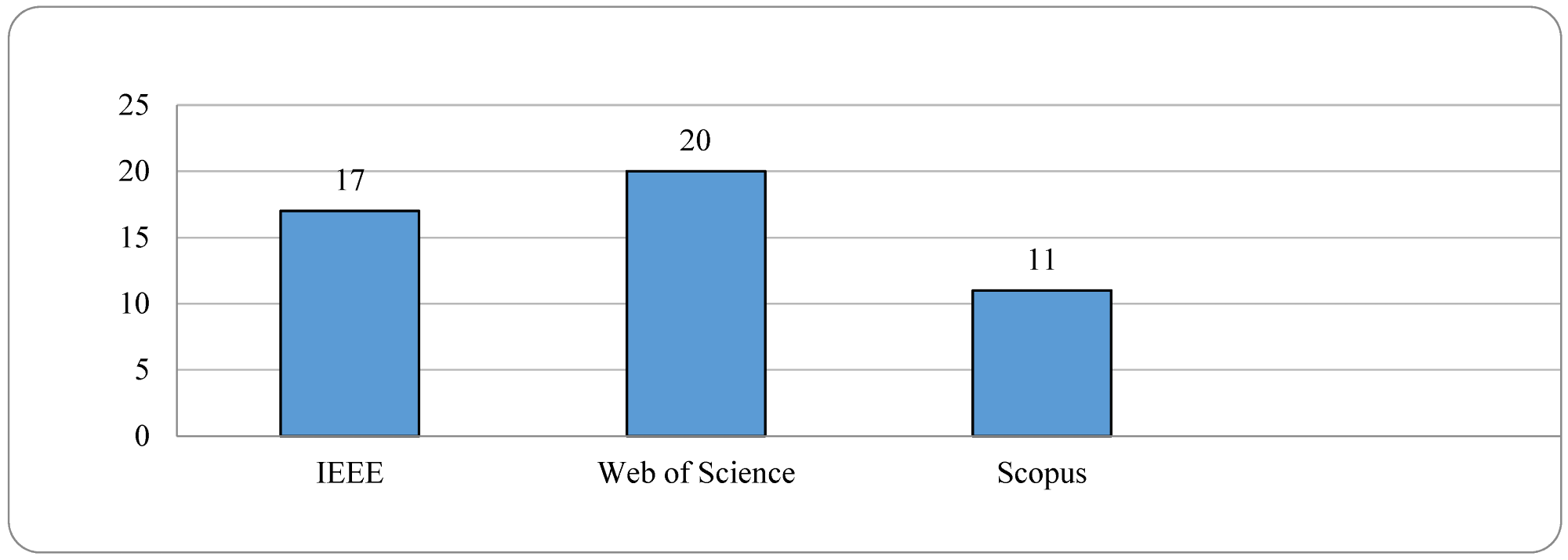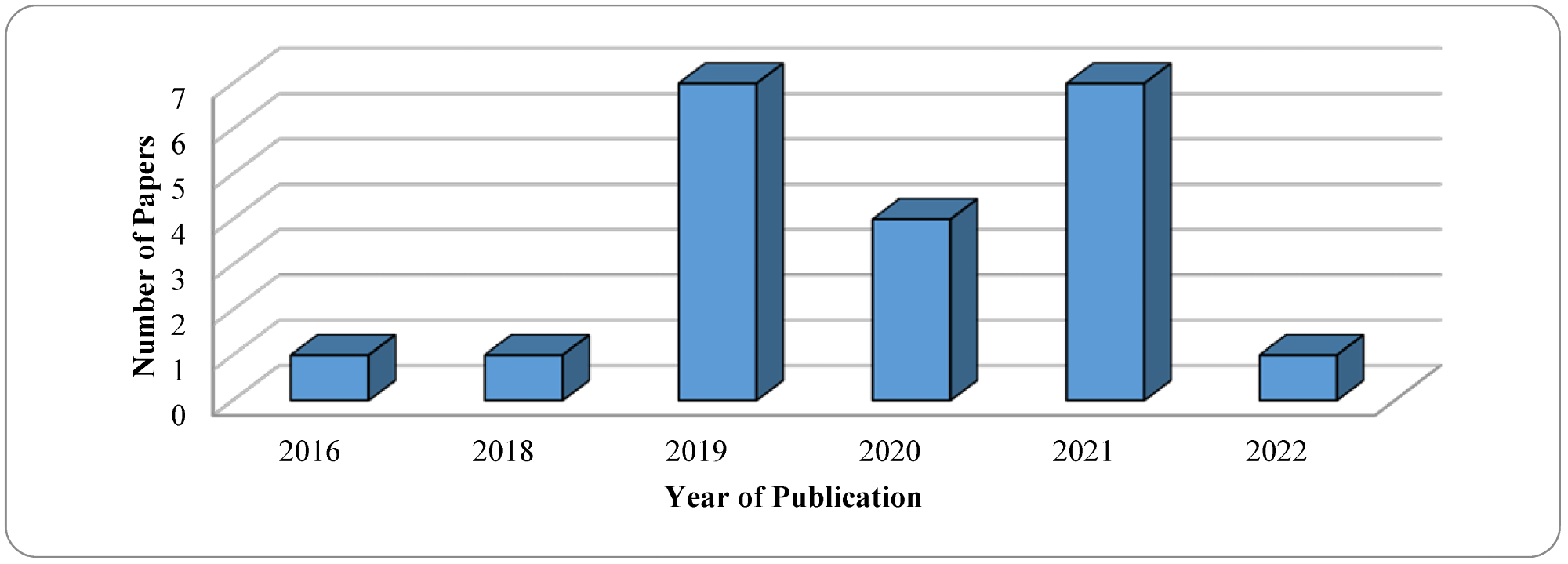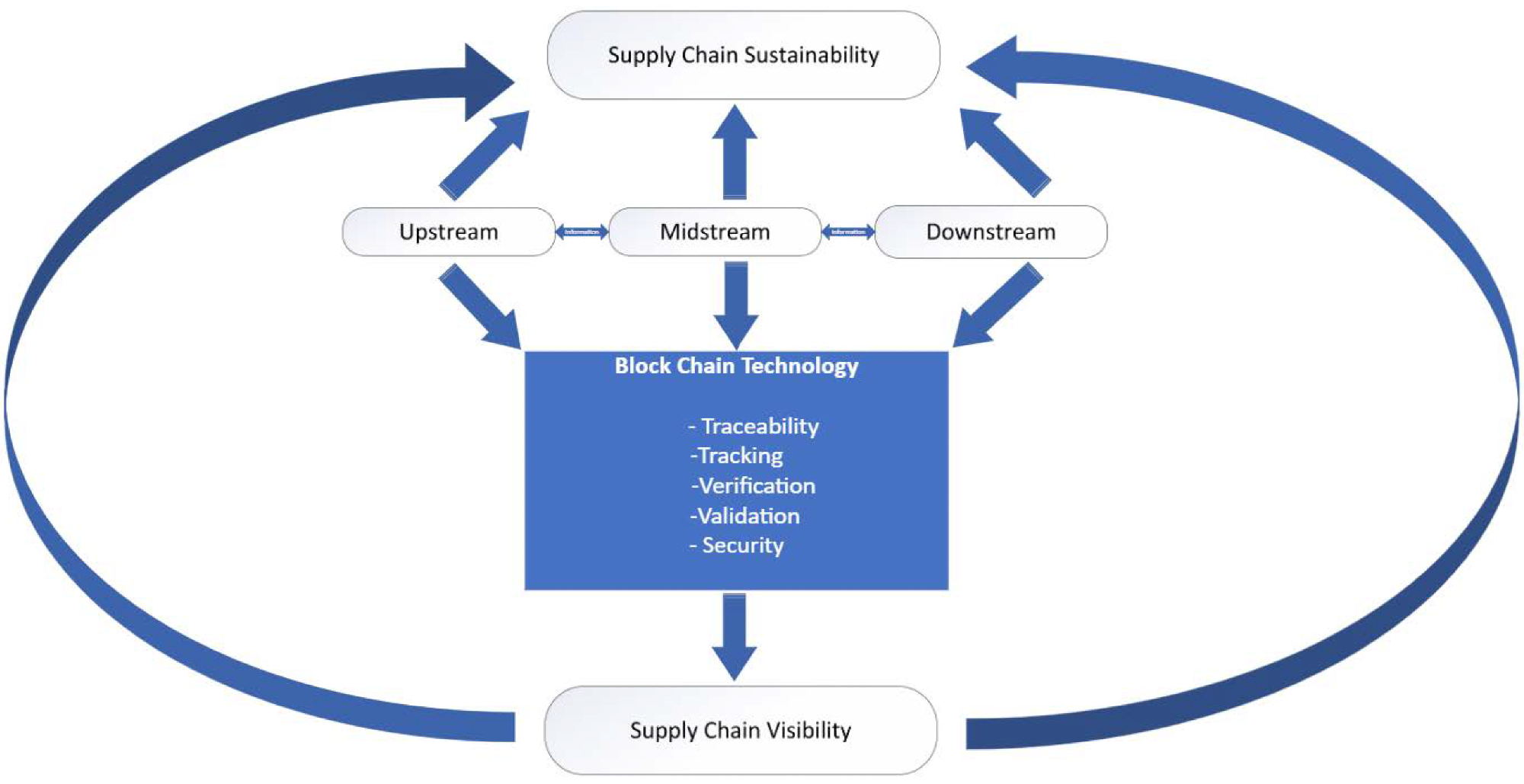Writing in the journal Sustainability, Lewis A. Njualem from California State University in San Bernadino, California, has explored the application of blockchain technology for improving supply chain sustainability.

Study: Leveraging Blockchain Technology in Supply Chain Sustainability: A Provenance Perspective. Image Credit: elenabsl/Shutterstock.com
What is the Blockchain?
Blockchain is an emergent, disruptive technology. Whilst significant focus has been placed on its use for cryptocurrencies in the media in recent years, blockchain technology has multiple potential benefits for many industries.
Blockchain technology uses a distributed, decentralized database or ledger to store information digitally. The main benefit of blockchain technology is guaranteeing security and fidelity of data, generating trust without the need for a third party. Data is stored in chronological blocks, which are chains of data groups that, when full, are linked to other blocks. This forms a chain of data, which is known as the blockchain.
With the blockchain, digital information can be recorded and distributed but cannot be edited. This creates an immutable ledger, which is permanently available as it cannot be changed or erased. For this reason, another name for blockchains is distributed ledger technology.

Initial search results of articles by source. Image Credit: Njualem, L.A. et al., Sustainability
Supply Chains: Demands and Challenges
Supply chains are an integral element of every industry, from manufacturing to the energy sector, mining, transportation, and the biomedical industry. Commercial goods come from a variety of sources and can end up in multiple locations where the end user is located. Supply chains are complex and time-sensitive in nature, especially in the modern hyper-globalized world.
Flexible manufacturing and the supply chain’s expansive nature produce multiple challenges for delivering commercial goods to customers. For instance, one of the main challenges facing supply chains is changing consumer preferences, especially in terms of sustainability and provenance. Consumers are increasingly demanding knowledge of where their products originate and their carbon footprint.
Tracking and tracing are essential elements of supply chain distribution that help to meet these consumer demands and improve provenance. However, this can be complicated by a range of factors. Different bills of material are used for multiple components and raw materials, which is a widespread practice in the automotive industry, for instance.
In the case of the automotive industry, several alternative components are available for customization purposes, which can further complicate provenance challenges, as customers do not always know exactly where these components originate. Improving provenance information helps inform consumers and downstream companies of the sustainability of the products they purchase.

Result for year of article publication. Image Credit: Njualem, L.A. et al., Sustainability
The Research
The paper has evaluated the use of blockchain technologies to enhance provenance and sustainability in manufacturing supply chains. Thus far, there is a lack of research on the utilization of the blockchain outside the financial and cryptocurrency sector. The study aims to help fill this crucial knowledge gap, recognizing the potential for blockchains to improve multiple industries.
Studies on the application of blockchain technologies outside the financial sector have also mainly concentrated on specific supply chains. This is usually from the perspective of industry and has not considered the effects on supply networks. The new paper aims to address provenance issues throughout the value chain in relation to raw materials, components, and finished products.
Three main questions are explored within the research. Firstly, the paper investigates how much research has been performed into the utilization of blockchain technologies for improving supply chain sustainability. Secondly, the study explores the known benefits of the technology to visibility within the supply chain. Thirdly, it explores current challenges related to provenance.
Appropriate methodologies have been employed in the research to establish a platform for analyzing current research in this nascent field. A content analysis method has been applied to the current literature. Textual analysis is used to enable data collection, analysis, and the key concept synthesis.
Through thorough analysis and interpretation of current research, the study aims to motivate future studies in the application of blockchain technology to questions of supply chain provenance and sustainability.

A conceptual model for blockchain-enabled sustainable supply chain visibility. Image Credit: Njualem, L.A. et al., Sustainability
Study Findings and Conclusions
Complexities in the modern, globalized supply chain which impact sustainability and provenance have been the main drivers of exploring innovative solutions such as blockchain technology, leading to a growing paradigm shift. Multiple studies in recent years have attested to the increased research interest in applying these technologies to the sector.
Blockchain technologies provide enhanced abilities for meeting these demands compared to other disruptive innovations, such as IOT and RFID, due to decentralization and immutability. This ability allows blockchains to improve security, trust, transparency, and accountability. Indeed, some companies have already made inroads into the application of blockchains, such as Walmart and IBM.
Some challenges exist with this nascent field of research, however. Firstly, as it is in its infancy, studies are limited. Moreover, technical issues exist with control, regulation, scalability, and knowledge, which impact factors such as the visibility of sustainable supply chains.
Other bottlenecks exist with provenance, such as criminality, differing government regulations, and culture, which must be considered by researchers. The novelty of the technology may cause several challenges, but the field is a highly promising one. The paper’s analysis and observations help to lay the groundwork for future study and aid the identification of new trajectories in research.
Further Reading
Njualem, L.A. (2022) Leveraging Blockchain Technology in Supply Chain Sustainability: A Provenance Perspective Sustainability, 14(17), 10533 [online] mdpi.com. Available at: https://www.mdpi.com/2071-1050/14/17/10533
Disclaimer: The views expressed here are those of the author expressed in their private capacity and do not necessarily represent the views of AZoM.com Limited T/A AZoNetwork the owner and operator of this website. This disclaimer forms part of the Terms and conditions of use of this website.